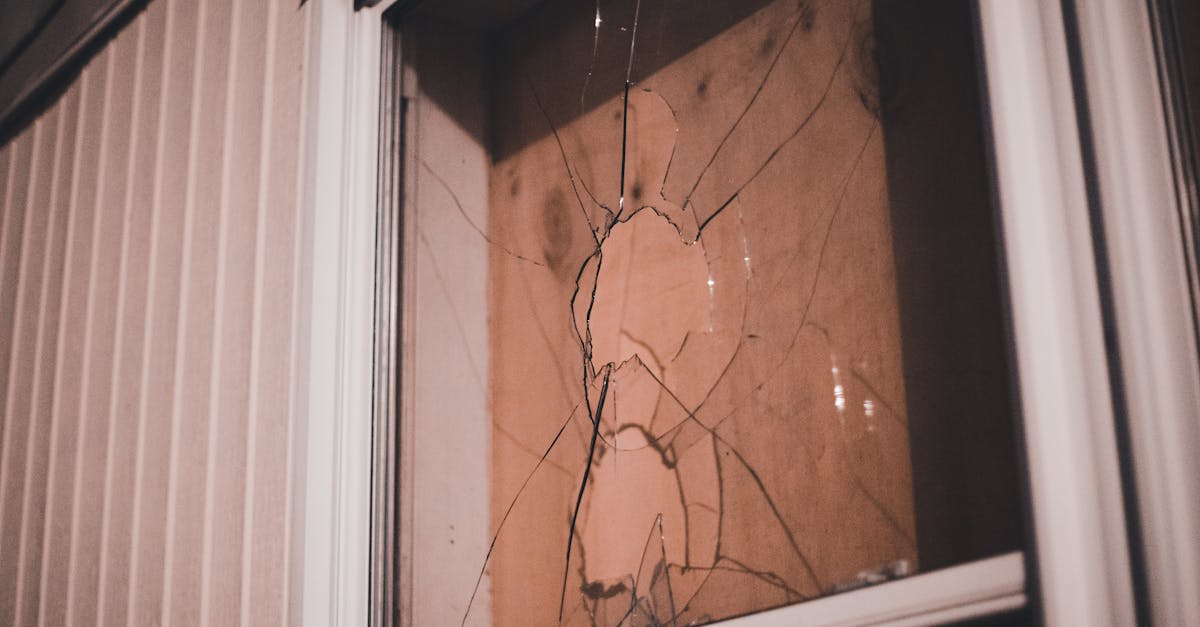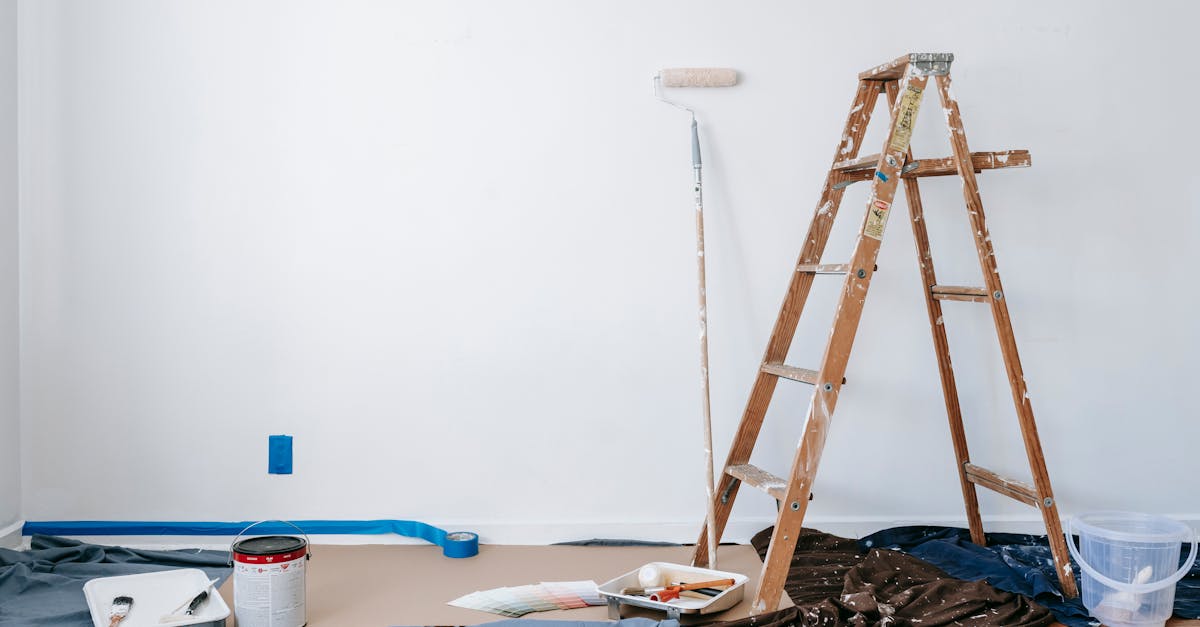
Table Of Contents
Interest Rates and Fees
Interest rates for hard money loans, particularly Fix n Flip Loans, tend to be higher than conventional loan alternatives. Borrowers can expect rates ranging from 8% to 15%, often influenced by factors such as the borrower's creditworthiness and the property's condition. Fees associated with these loans may include origination fees, which typically range from 1% to 5% of the total loan amount. Investors should factor in these costs when calculating their overall budget for a fix and flip project.
While hard money loans provide quick access to capital, prospective borrowers must be vigilant about the fees involved. Additional expenses might arise, such as processing fees, appraisal costs, and closing costs. These charges can accumulate and significantly impact the profitability of a fix and flip deal. Understanding the complete cost structure of these loans is crucial for making informed financial decisions and ensuring the project's success.
Understanding the Cost Structure of Hard Money Loans
The cost structure of hard money loans typically includes more than just the interest rate. Borrowers must also consider origination fees, which are often charged upfront and can be a significant percentage of the total loan amount. Appraisal fees may apply, especially when properties need to be assessed for their after-repair value. Fix n Flip Loans can carry high overall costs because they are designed for short-term use, enabling investors to secure funding quickly without undergoing lengthy traditional lending processes.
Interest rates on hard money loans tend to be higher than conventional loans given the greater risk lenders assume. Rates can vary widely depending on the lender and the borrower's financial situation. Additionally, other fees such as closing costs and points can affect the overall expense of the loan. While hard money loans, including Fix n Flip Loans, can offer fast access to funds, understanding the full cost structure is essential for making informed financial decisions about real estate investments.
Selecting the Right Hard Money Lender
Choosing the right hard money lender is a crucial step in the process of securing fix n flip loans. It's important to assess a lender's reputation, experience, and past client reviews. A good lender should have a solid track record in financing similar projects. Clear communication and transparency about terms and fees can help establish trust. Make sure to inquire about their loan approval process and timelines, as these factors can significantly impact your project.
Another key consideration is the lender's willingness to work with specific property types and your investment strategy. Some lenders may specialize in certain neighborhoods, property kinds, or specific borrower profiles. Assess whether a lender’s offerings align with your needs in terms of interest rates, maximum loan amounts, and funding speed. Finding a lender that understands the dynamics of fix n flip loans can lend you confidence and support throughout your real estate investment journey.
What to Look for in a Lender
When selecting a hard money lender for Fix n Flip Loans, it’s essential to evaluate their reputation and experience in the industry. Look for lenders who have a strong track record and positive testimonials from previous borrowers. This can help ensure you're partnering with someone who understands the nuances of real estate investments and can provide reliable support throughout the loan process. Transparency in communication and a willingness to answer your questions can also indicate reliability and professionalism.
Another critical aspect to consider is the lender's loan terms and conditions. Review the interest rates, fees, and any points charged. Some lenders might have hidden costs that can impact your overall return on investment. It’s beneficial to compare offers from multiple lenders to find the one that best aligns with your financial goals. Pay attention to the speed of funding as well, since quickly securing the right loan can make a significant difference in your ability to successfully flip a property.
Risks Associated with Hard Money Loans
Hard money loans, including Fix n Flip Loans, carry inherent risks that potential investors should recognize. High-interest rates can quickly accumulate, impacting overall profitability. Property values may decline during the renovation process, resulting in insufficient returns upon sale. Additionally, the short loan terms demand swift project completion, which can pressure investors and increase the likelihood of cutting corners or making poor decisions.
There is also the risk of borrowing from untrustworthy lenders. In the hard money lending space, not all lenders operate transparently. Hidden fees can erode profits before the investment is even completed. Understanding the loan agreement thoroughly is crucial, as oversight can lead to financial strain and potentially jeopardize the entire project if not managed properly.
Common Pitfalls to Avoid
Investors should be cautious about overestimating the potential profit from the property when using fix n flip loans. A common pitfall is rushing through the renovation process without conducting a thorough market analysis. This can lead to underpricing the property upon its sale or extending the timeline for the project, which increases holding costs and reduces profitability. It's essential to have a realistic understanding of both renovation costs and the local real estate market before committing to a project.
Another risk involves selecting a hard money lender without adequate vetting. Not all lenders offer the same terms or level of service. Investors might overlook important details such as interest rates, fees, or the lender’s experience in fix n flip loans. Lack of thorough research can lead to unfavorable loan conditions or difficulties in securing financing when needed. It’s advisable to compare multiple lenders, read reviews, and consider their track record before finalizing any agreements.
FAQS
What is a hard money fix and flip loan?
A hard money fix and flip loan is a short-term financing option used by real estate investors to purchase and renovate properties before selling them for profit. These loans are secured by the property itself and are typically provided by private investors or companies.
How do interest rates on hard money loans compare to traditional loans?
Interest rates on hard money loans are generally higher than those of traditional loans, often ranging from 8% to 15% or more, depending on the lender and the borrower's qualifications. This is because hard money loans are riskier for lenders due to their short-term nature and reliance on property value.
What fees should I expect when taking out a hard money loan?
Along with higher interest rates, you can expect various fees when taking out a hard money loan, including origination fees, appraisal fees, and closing costs. These fees typically range from 2% to 5% of the loan amount but can vary by lender.
How can I select the right hard money lender for my project?
To select the right hard money lender, consider factors such as their reputation, experience, loan terms, and fees. Look for lenders specialized in fix and flip projects and check for reviews or testimonials from other borrowers.
What are some common risks of hard money loans that I should be aware of?
Common risks include high interest rates and fees, the potential for default if the property doesn't sell as quickly as anticipated, and the possibility of losing the property if the loan is not repaid. It's vital to have a clear plan and understanding of the market before proceeding.
Are there specific pitfalls to avoid when using hard money loans for fixing and flipping properties?
Yes, some pitfalls to avoid include underestimating renovation costs, failing to conduct thorough market research, overlooking potential selling timeframes, and not having a solid exit strategy. Proper planning and due diligence can help mitigate these risks.



